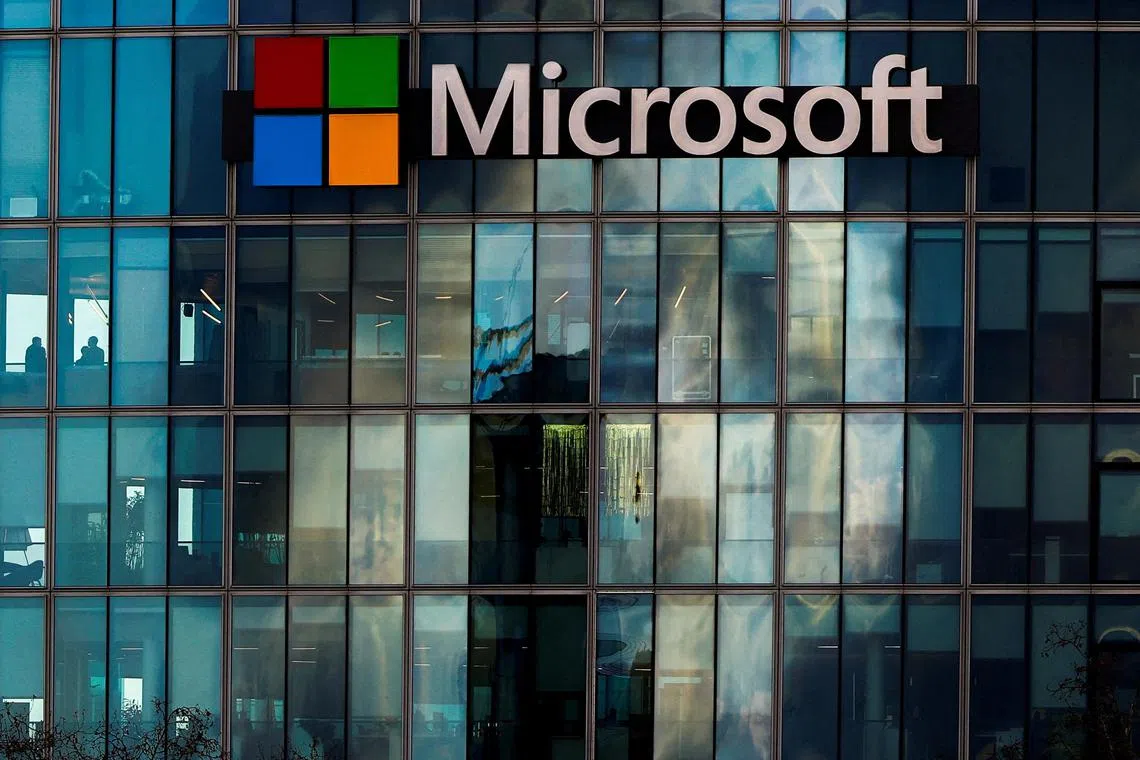Microsoft server hack has now hit 400 victims, researchers say
Sign up now: Get ST's newsletters delivered to your inbox

Microsoft failed to fully patch a security hole in its SharePoint server software.
PHOTO: REUTERS
- Eye Security reports approximately 400 victims in a cyber-espionage campaign exploiting Microsoft SharePoint server software vulnerabilities.
- The National Institutes of Health confirmed a server compromise, isolating others as a precaution, following the initial report in The Washington Post.
- Microsoft and Google (Alphabet) suspect Chinese hackers exploited the unpatched flaw, a claim Beijing denies, with Eye Security noting likely more victims.
AI generated
WASHINGTON - A sweeping cyber-espionage campaign organisation centred on vulnerable versions of Microsoft’s server software has now claimed about 400 victims, according to researchers at Netherlands-based Eye Security.
The figure, which is derived from a count of digital artefacts discovered during scans of servers running vulnerable versions of Microsoft’s SharePoint software, compares with 100 organisations catalogued over the weekend. Eye Security says the figure is likely an undercount.
“There are many more, because not all attack vectors have left artifacts that we could scan for,” said Mr Vaisha Bernard, the chief hacker for Eye Security, which was among the first organisations to flag the breaches.
The details of most of the victim organisations have not yet been fully disclosed, but on July 23 a representative for the National Institutes of Health confirmed that one of the organisation’s servers had been compromised.
“Additional servers were isolated as a precaution,” he said.
The news of the compromise was first reported by the Washington Post.
The spy campaign kicked off after Microsoft failed to fully patch a security hole in its SharePoint server software, kicking off a scramble to fix the vulnerability
Microsoft and its tech rival, Google owner Alphabet, have both said Chinese hackers are among those taking advantage of the flaw.
Beijing has denied the claim. REUTERS


